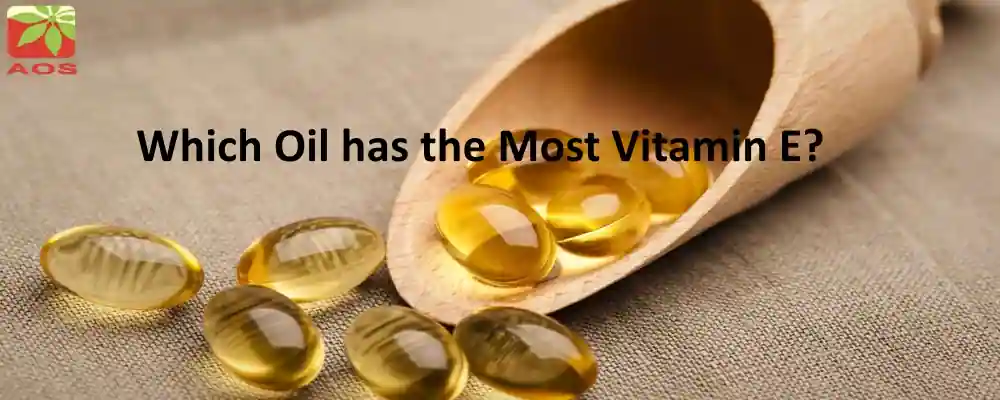
Which Oil has the Most Vitamin E?
Wheat germ oil is the highest naturally occurring source of vitamin E, with 20 milligrams per tablespoon, or 135% of your daily intake. It can be used as a substitute for the majority of other cooking oils, albeit high-heat cooking can lessen the number of vitamins it contains.
Is it OK to put vitamin E oil on your face?
You can use vitamin E oil as an overnight anti-aging therapy on your face. Since vitamin E has a thick viscosity, applying it before night will allow it to absorb completely. When used in the morning, you can have trouble applying serums or cosmetics over it.
What does Vitamin E Oil Do for Skin?
Antioxidants and anti-inflammatory qualities of vitamin E oil help to treat psoriasis, eczema, and dermatitis, among other dry skin disorders. The skin becomes soft and silky thanks to the important nutrients that vitamin E oil gives it. It hydrates the skin to stop it from becoming dry.
Who Should Not Use Vitamin E Oil?
Taking vitamin E supplements should be avoided if you have a bleeding issue. Heart illness: Those who have a history of heart disease may find that vitamin E increases their risk of passing away. Vitamin E dosages above 400 IU per day should be avoided by anyone with a history of heart disease.
Know About Hazelnut Oil Rich in Vitamin E
Does Vitamin E Oil Grow Hair?
According to Frieze and Sperling, vitamin E oil is a powerful scalp antioxidant and hair hydrator that improves scalp health promotes hair development and boosts hair strength and luster.
Can Vitamin E Oil Remove Dark Spots?
While maintaining the integrity of your skin's protective barrier, vitamin E oil can also help reduce dark spots and scars, soothe inflammatory skin disorders, and provide long-lasting moisture.

